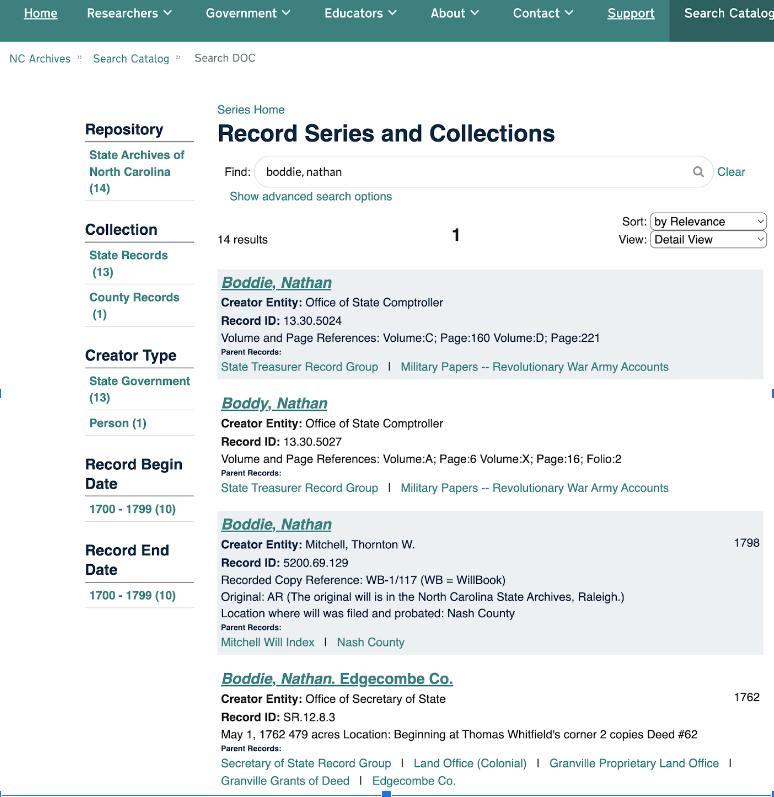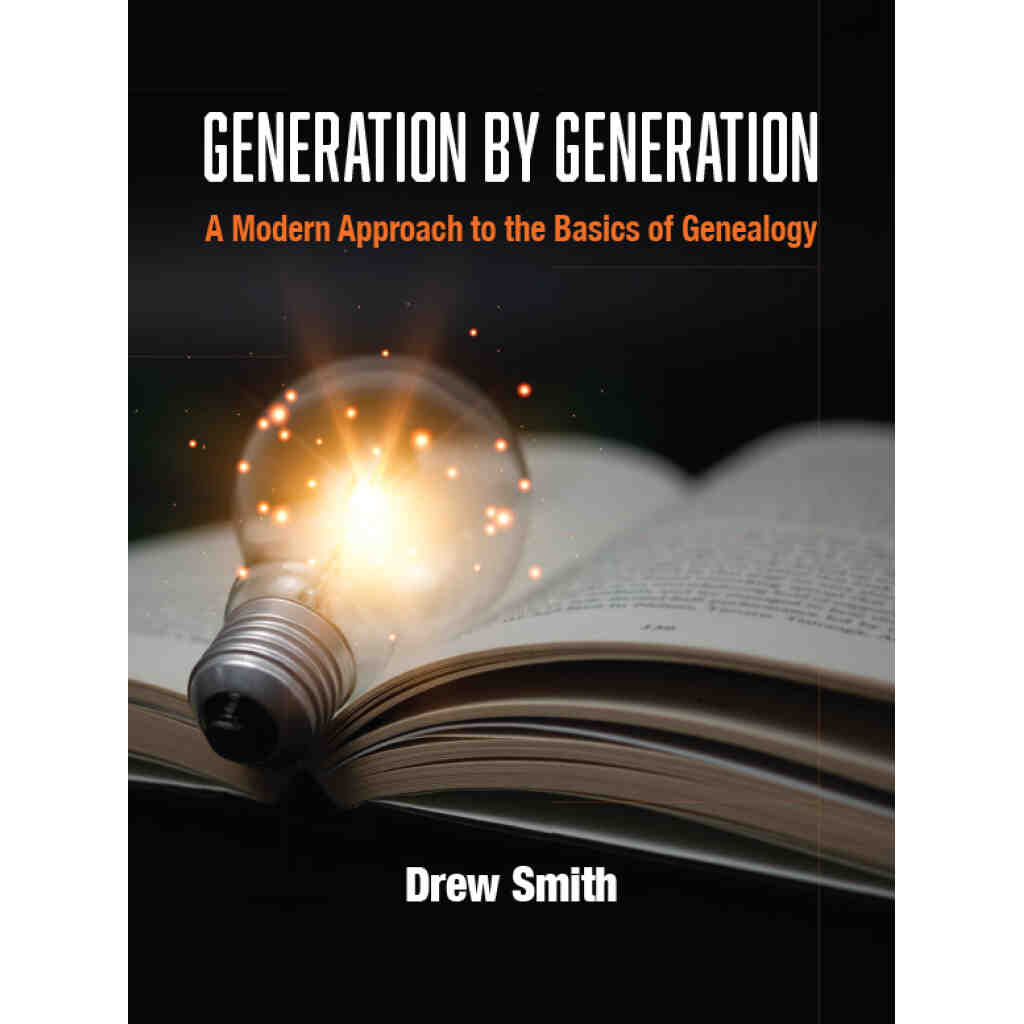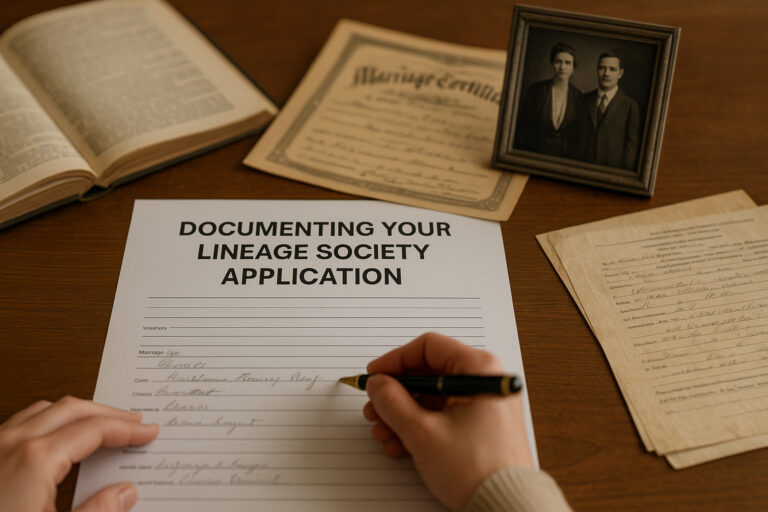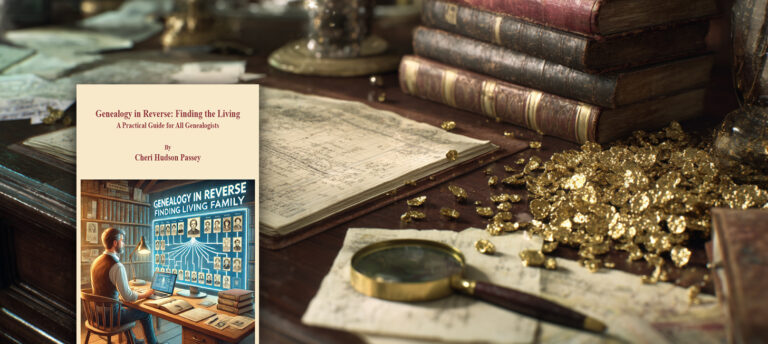
GENERATION BY GENERATION Teaches Genealogists How to Make Greater Use of Library Resources
As we have noted previously Drew Smith, the author of our how-to book Generation by Generation, is a highly trained librarian as well as an accomplished genealogist. Readers of his book are destined to learn about the wealth of information that could lead them to hard-to-find ancestors by utilizing library and archival sources. To illustrate this point, we have excerpted the first few pages of Chapter 12 from Generation by Generation, entitled ”Generations in British America before 1776.”
“In this chapter we’ll be talking about British America prior to the American Revolutionary War, and specifically about the Thirteen Colonies. Although my father’s ancestors didn’t arrive in the northern United States from Ireland and Poland until the mid-to-late 1800s, my mother’s ancestors were Southerners, some of whom were almost certainly in British America prior to 1776. At least one of my ancestral lines, the Boddies, appear to have been present in Virginia since the mid-1600s.
Where do we look for records, especially in this time period prior to any U.S. federal census? Although some of the relevant records would be in the hands of The National Archives (TNA) of the United Kingdom in London, where could you find records still existing either online or in the hands of state and local archives? Yes, if you’re an American researcher with colonial roots, you could travel to TNA and do research there, but beginning genealogists would be better served by starting with records closer to home.
Let’s remind ourselves of the types of resources that we’ve already used, which can still provide rich genealogical information about our colonial ancestors. Newspapers, cemeteries, military records, church records, probate records, and land/property records are going to continue to be important sources. Once we get back to colonial times, we may find that other researchers have already done a lot of the heavy lifting, and published books and articles or left their papers to archives (see Chapter 5 about this).
Now let’s look at some record types and locations that we haven’t spent much time on yet.
State archives
If there is one place that is most likely to house records of the Thirteen Colonies, it is the archives for the states that those colonies eventually became. While some of this material may have been digitized and placed online (often by the state archive itself on its own website), you may also need to travel to the state archive to do research or ask someone who lives closer to do it on your behalf.
Obviously, each state archive is going to differ from others in what it contains and what it provides online. For example, if I were doing research in North Carolina, I would visit the website for the State Archives of North Carolina (archives.ncdcr.gov). The menu choice for Search Catalog leads to their Discover Online Catalog (DOC) and a link to Search DOC. I’ll look for a relative who lived in North Carolina in colonial times. A search for Nathan Boddie gives 14 results, including a number of land records from 1761-1762 (see Figure 12.1). This information can be used to either request the information, or to have someone (myself or a friend) visit to obtain the information.

Vital records (town level)
We have previously looked at vital records (Chapter 8) kept at the state level, but if you need the earliest available vital records, you’ll need to look for county or town records. Unfortunately for those with ancestors from other parts of the United States, these records are generally limited to New England and New York. In some cases, these have been made available at a state archive or microfilmed by FamilySearch. For the FamilySearch materials, you may be able to view the images online from home, or you may need to visit a local Family History Center or affiliated public library to see them.
Another good source for early New England or New York records is American Ancestors, a website from the New England Historic Genealogical Society. Their online collections contain over 1.4 billion searchable names. “




